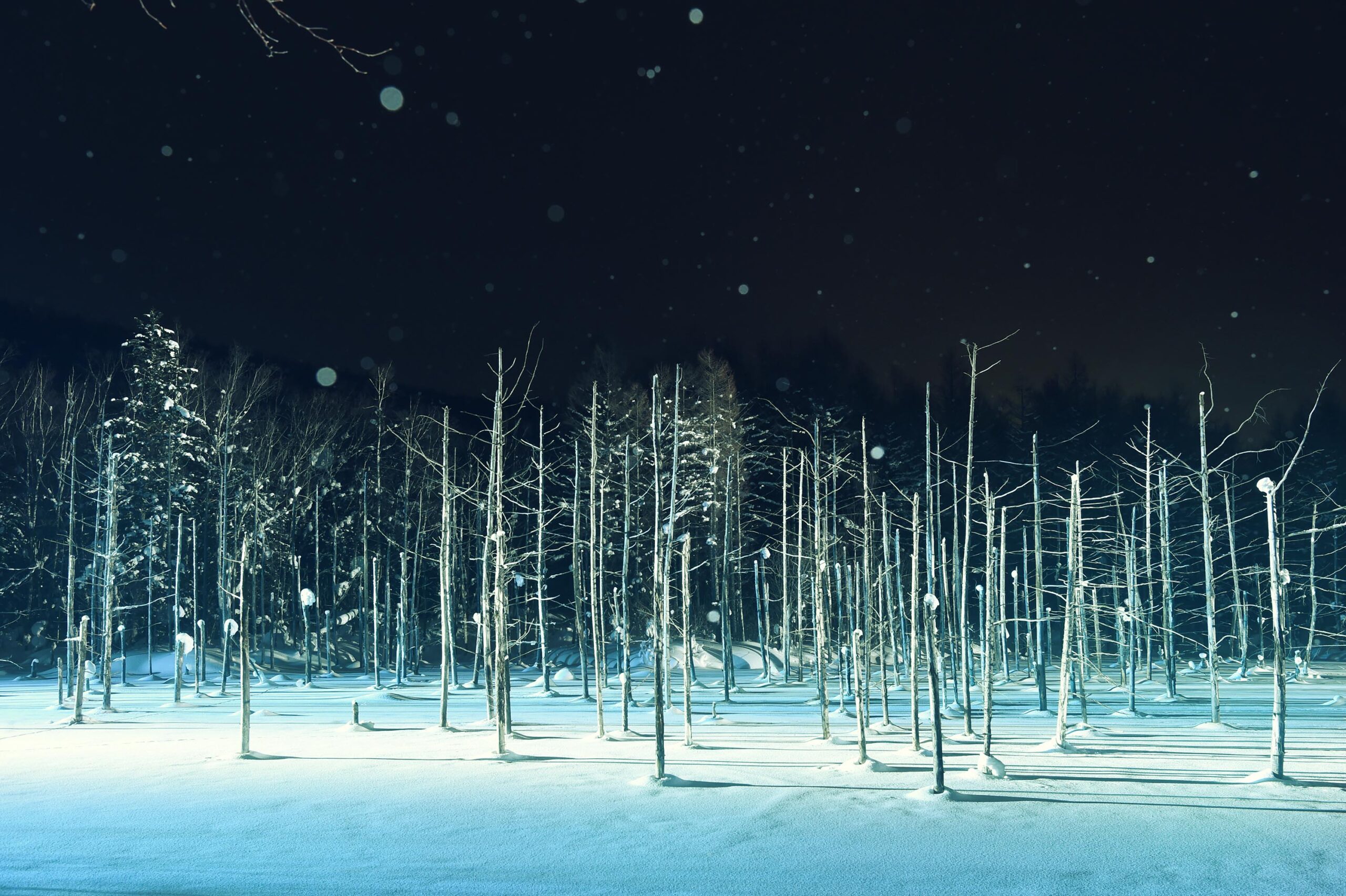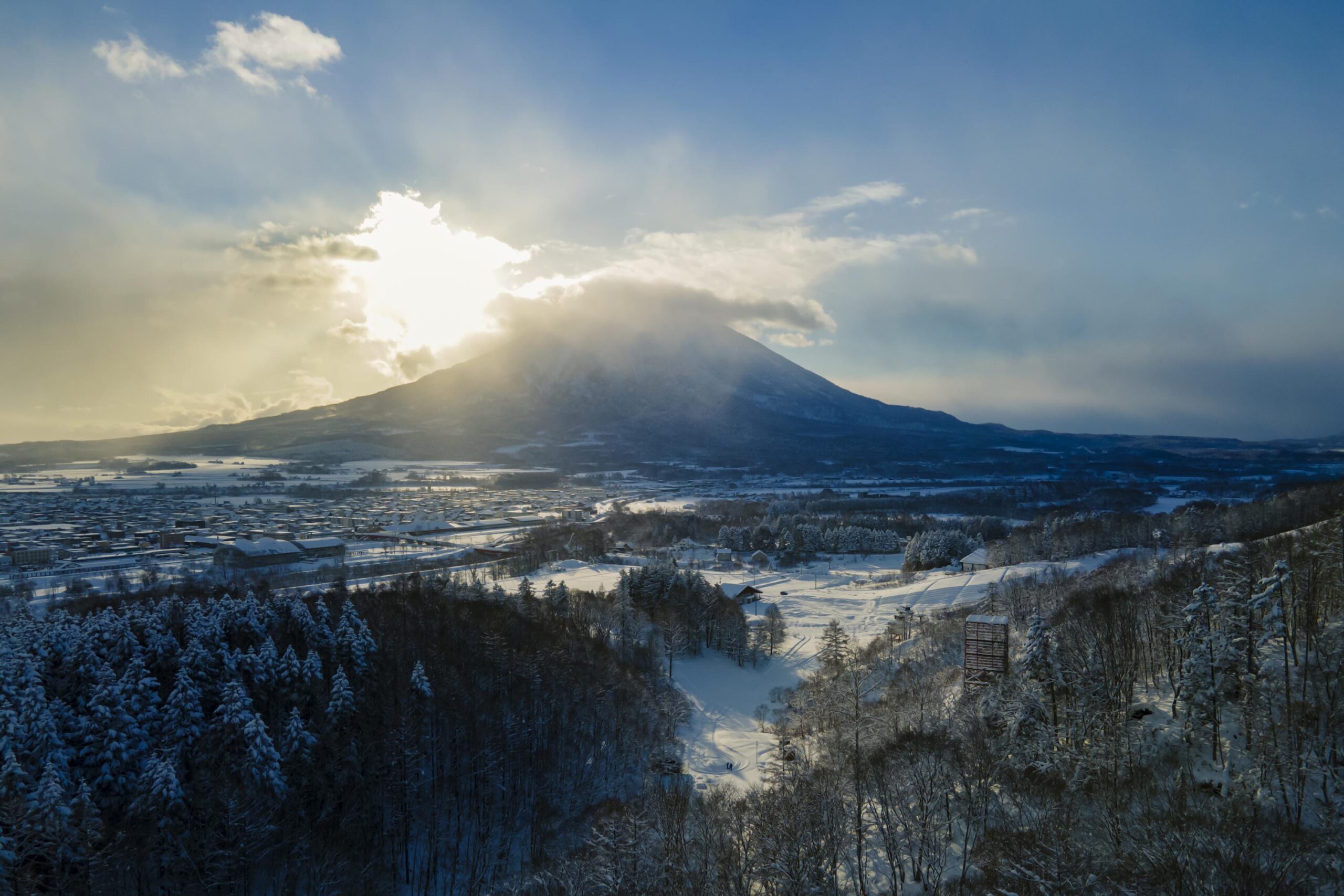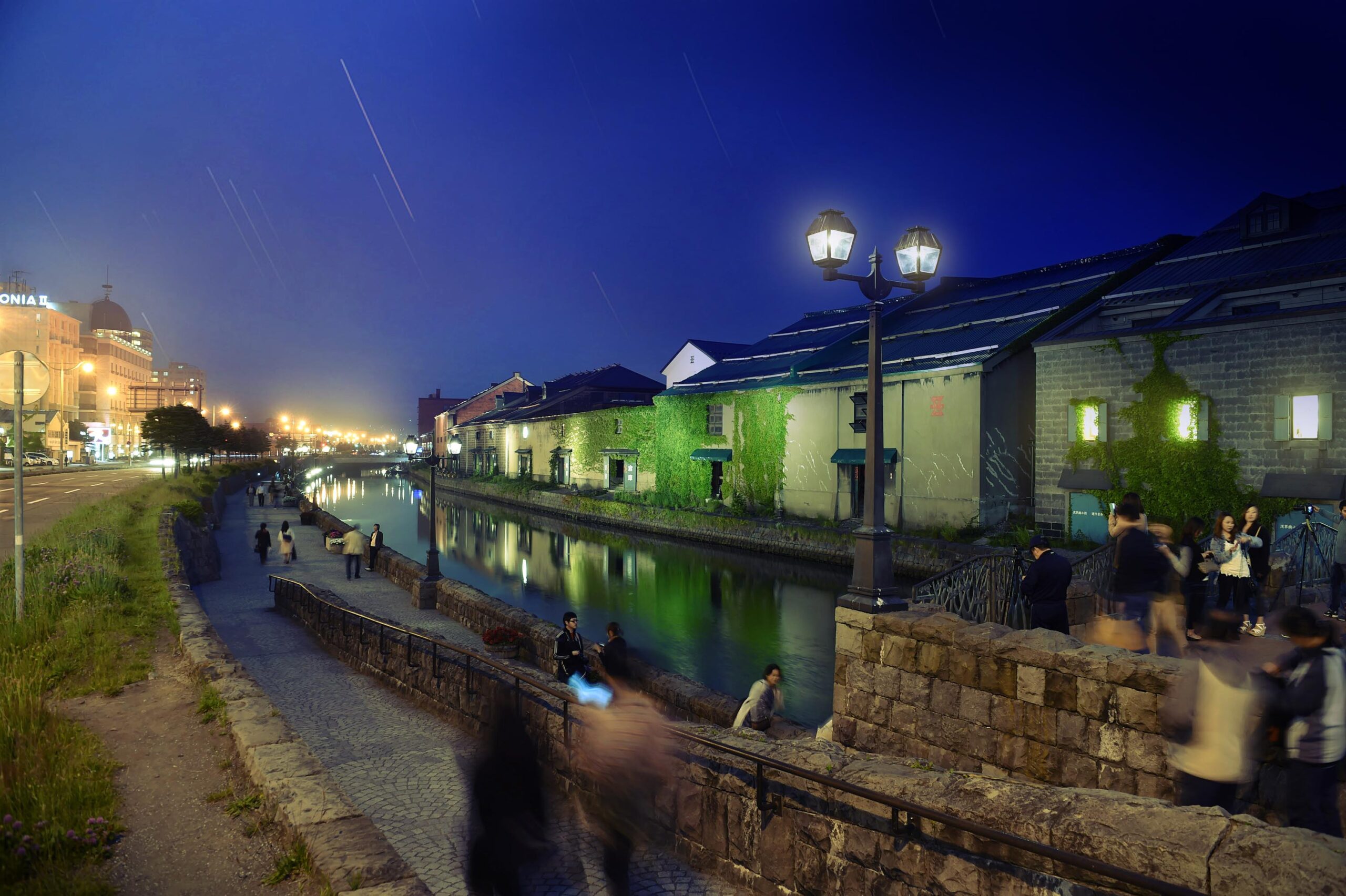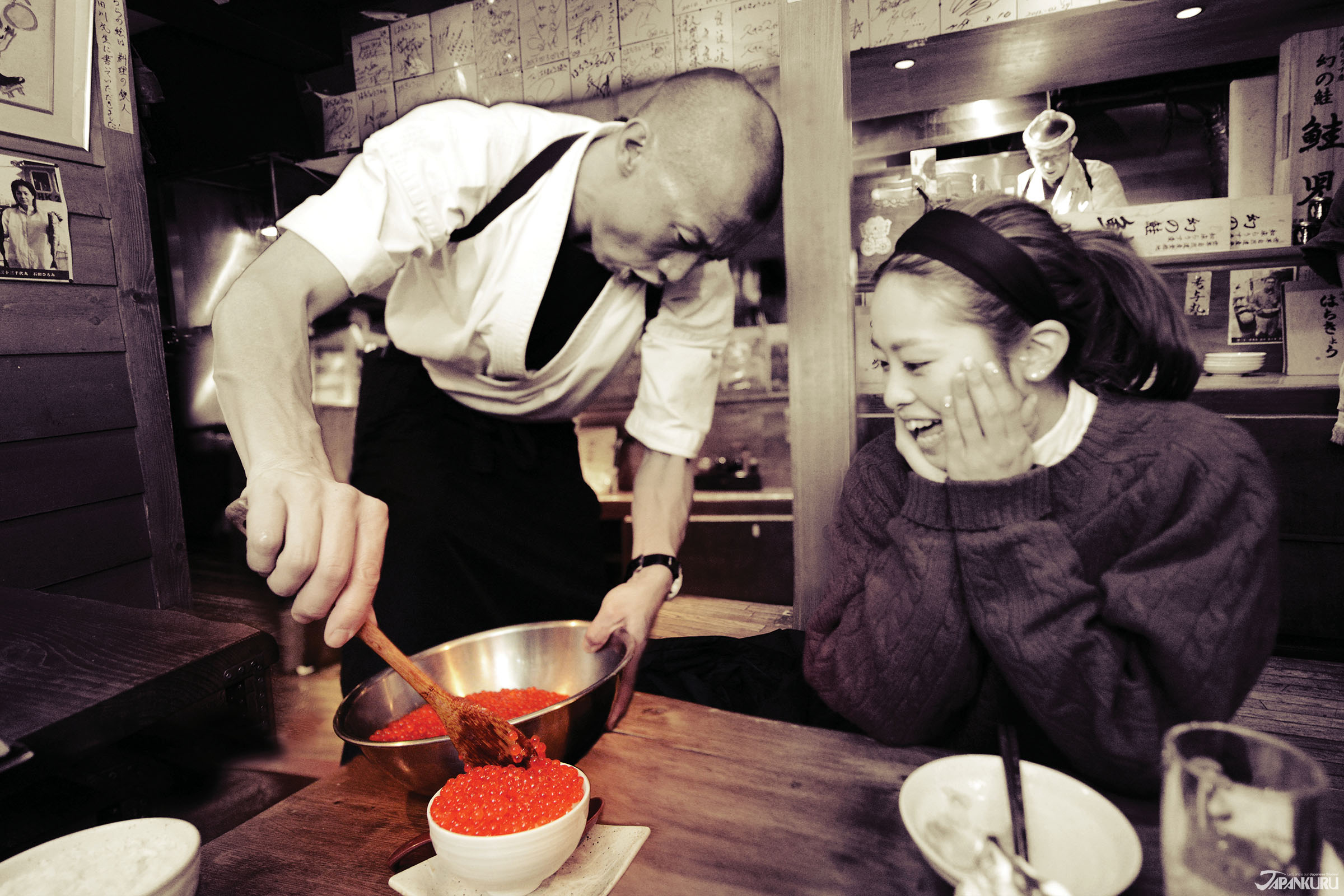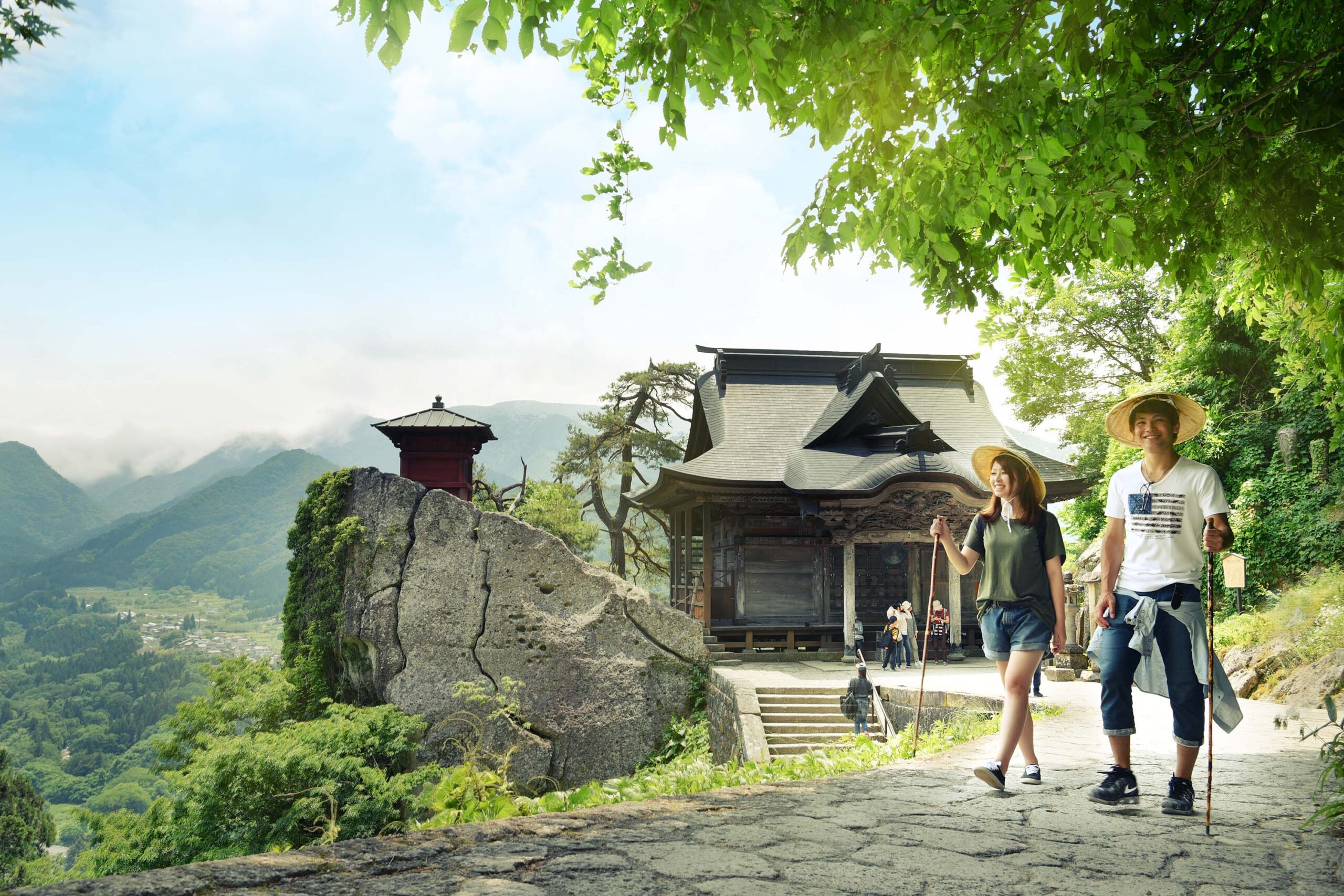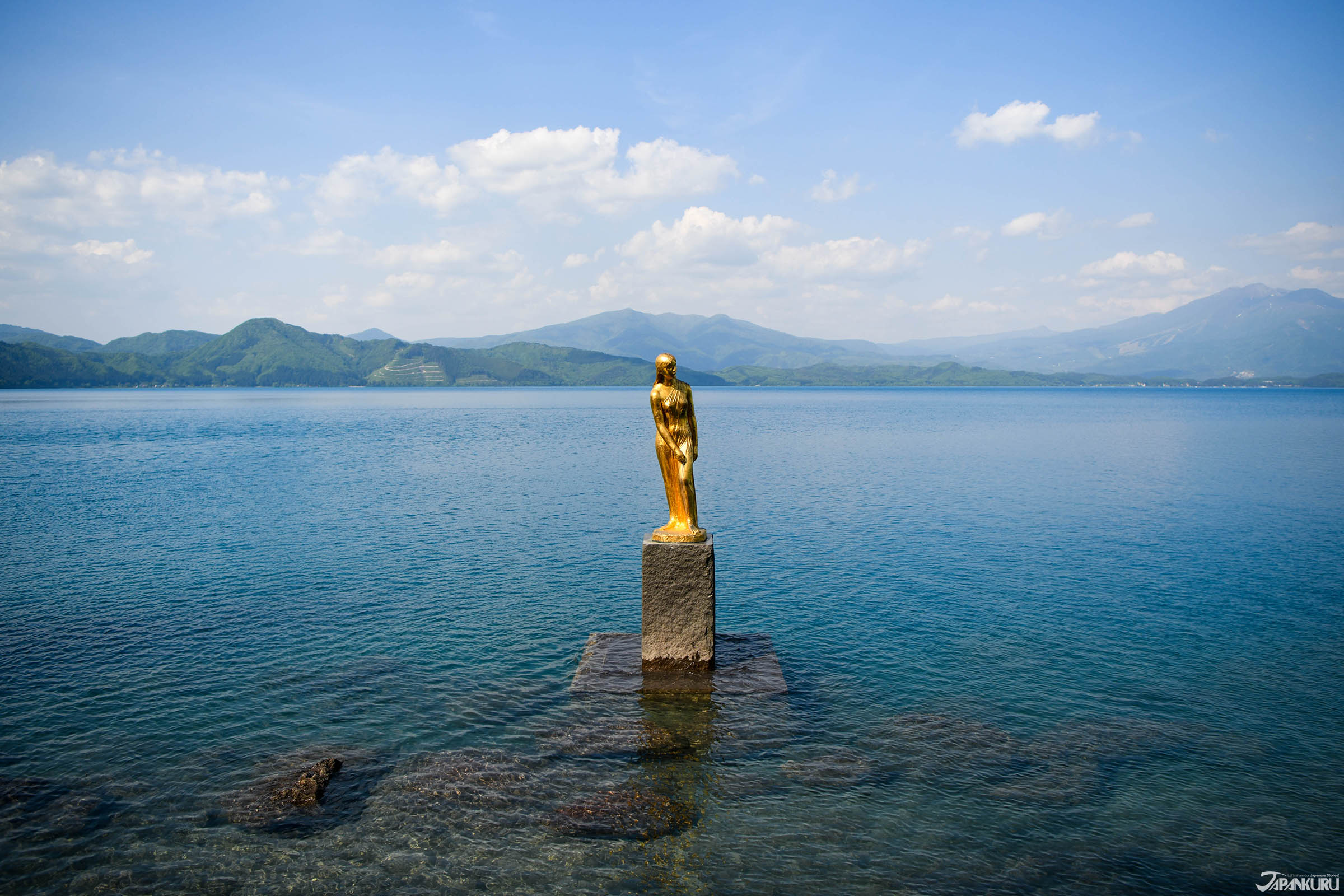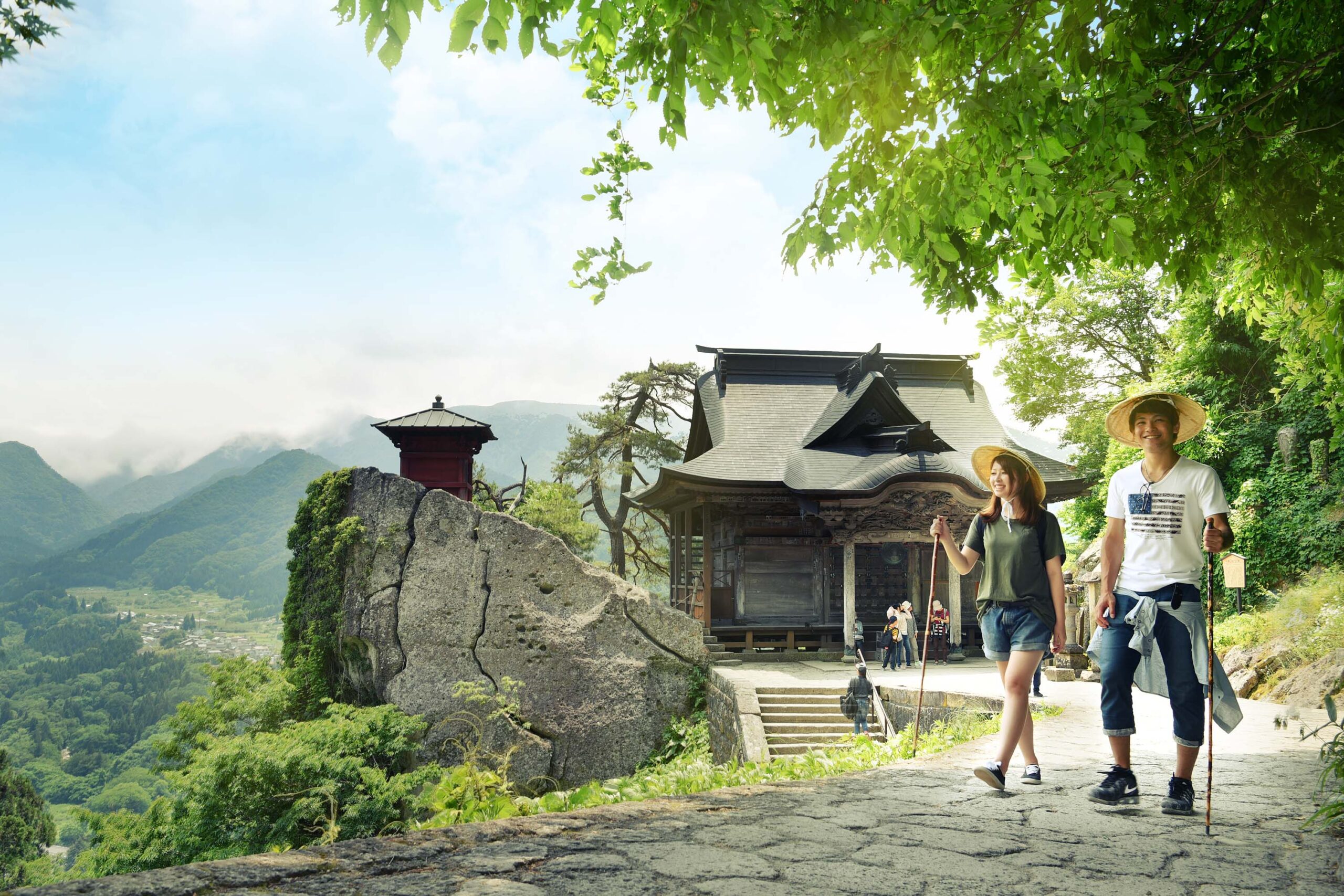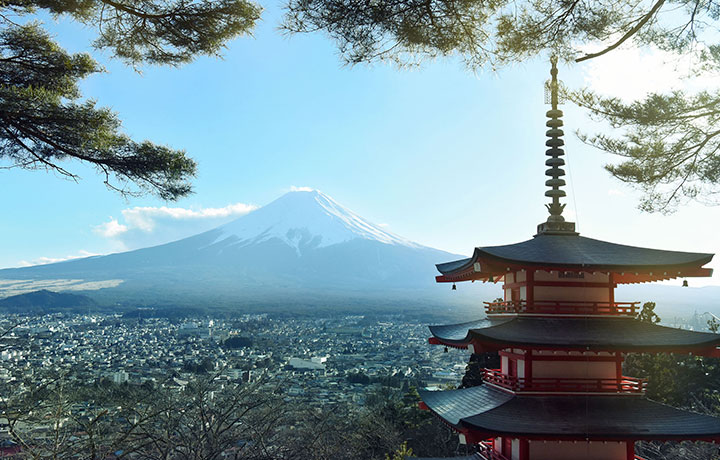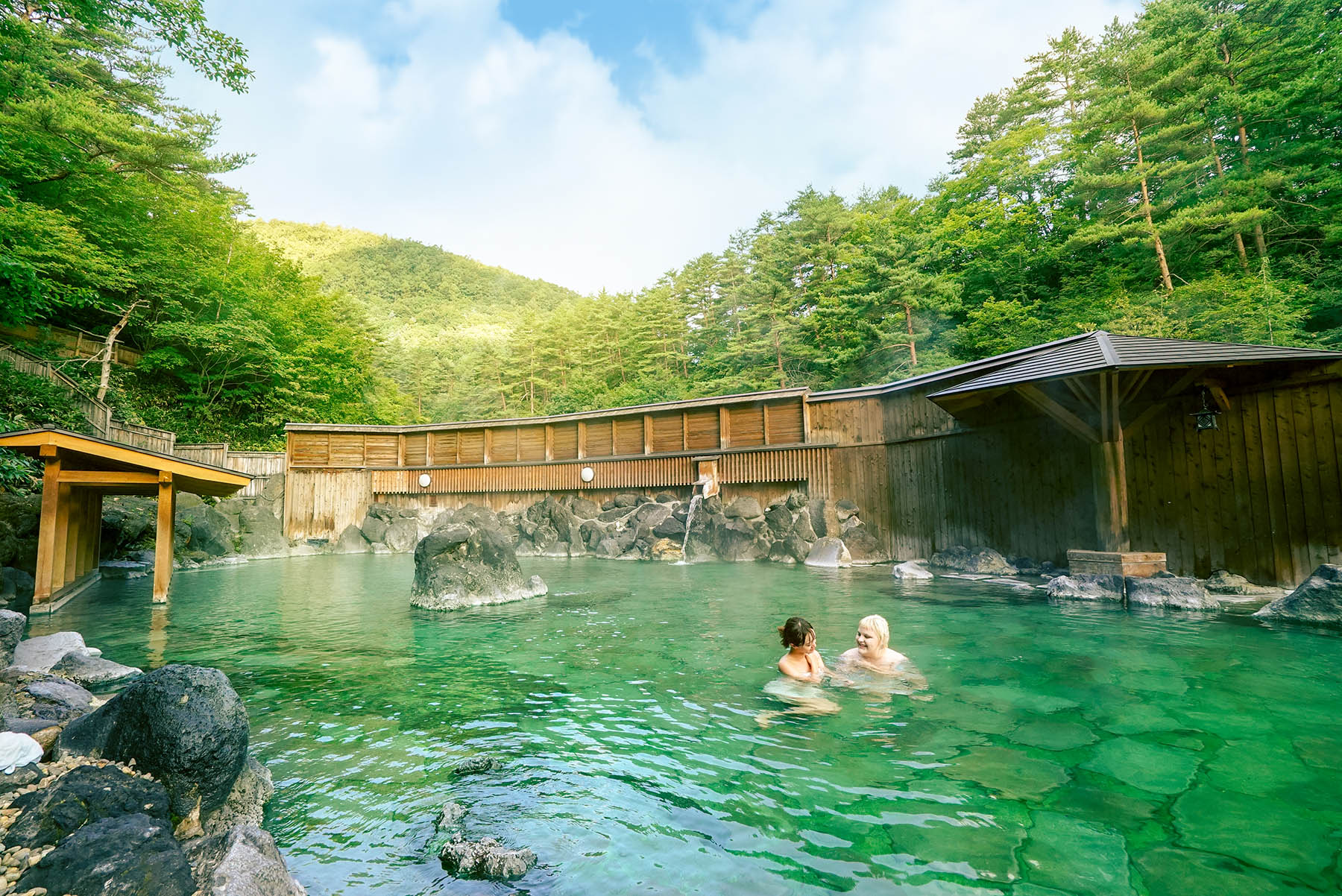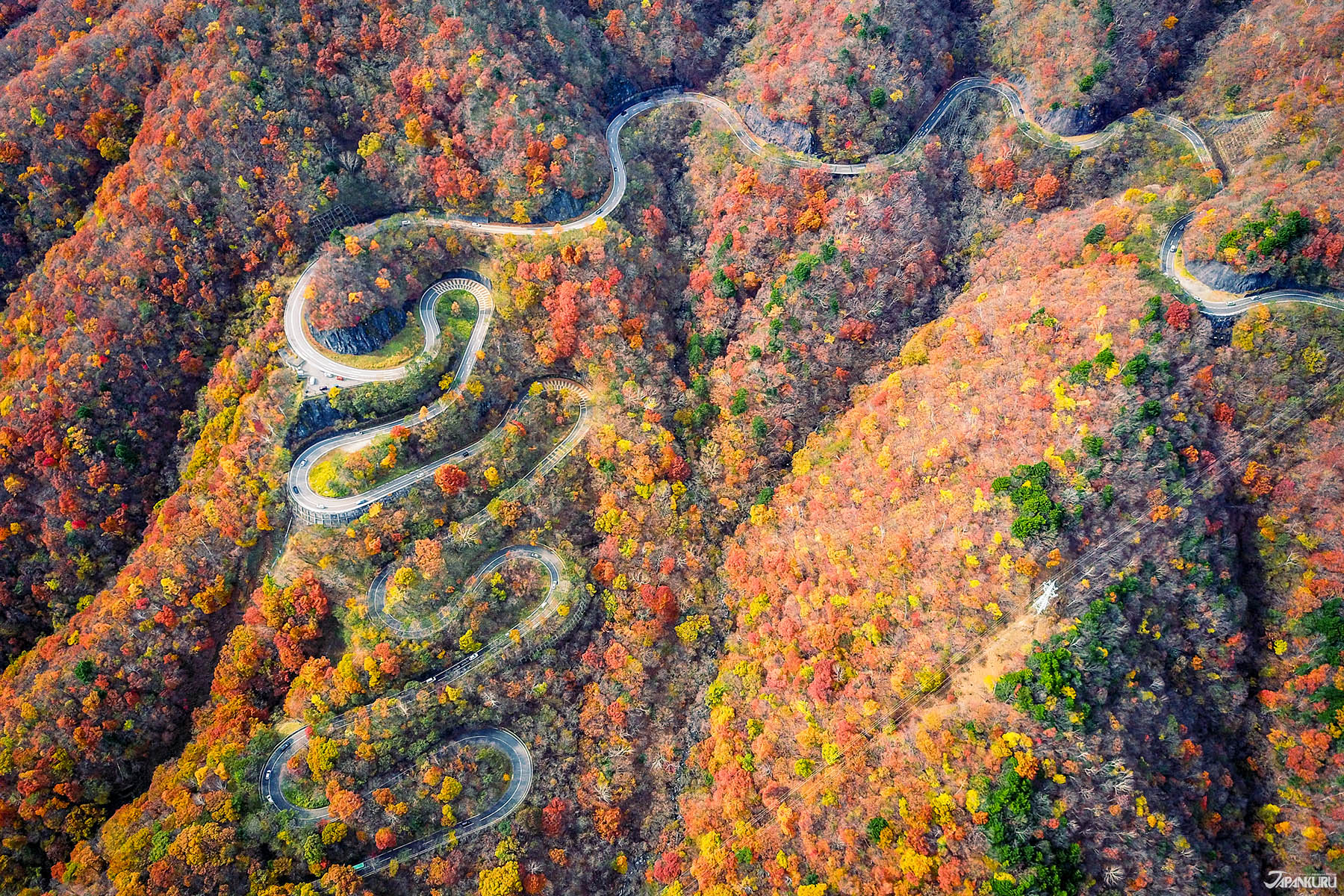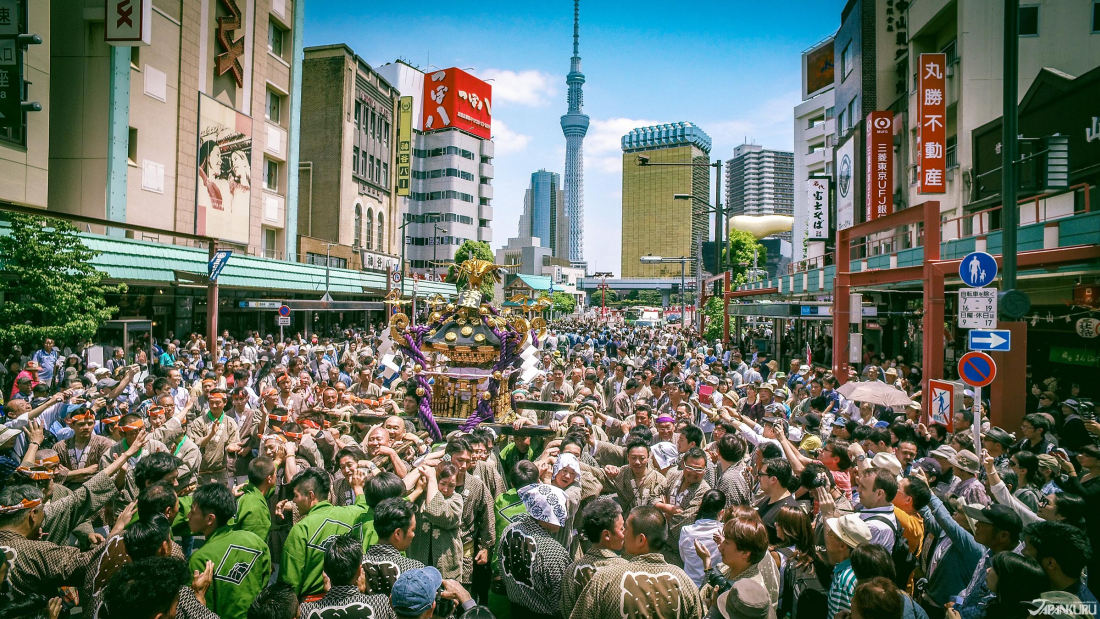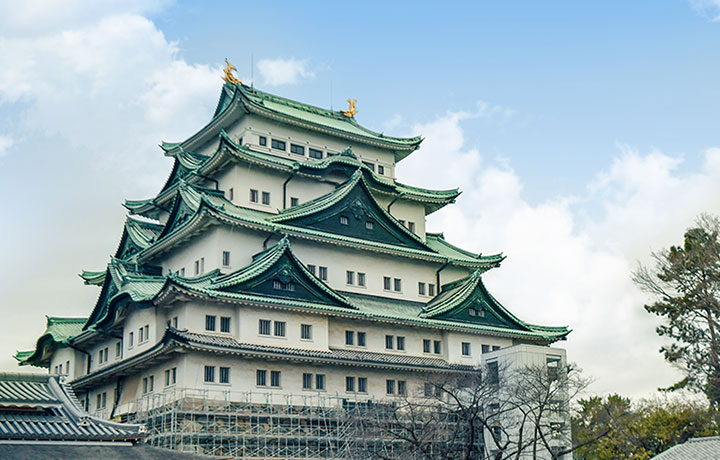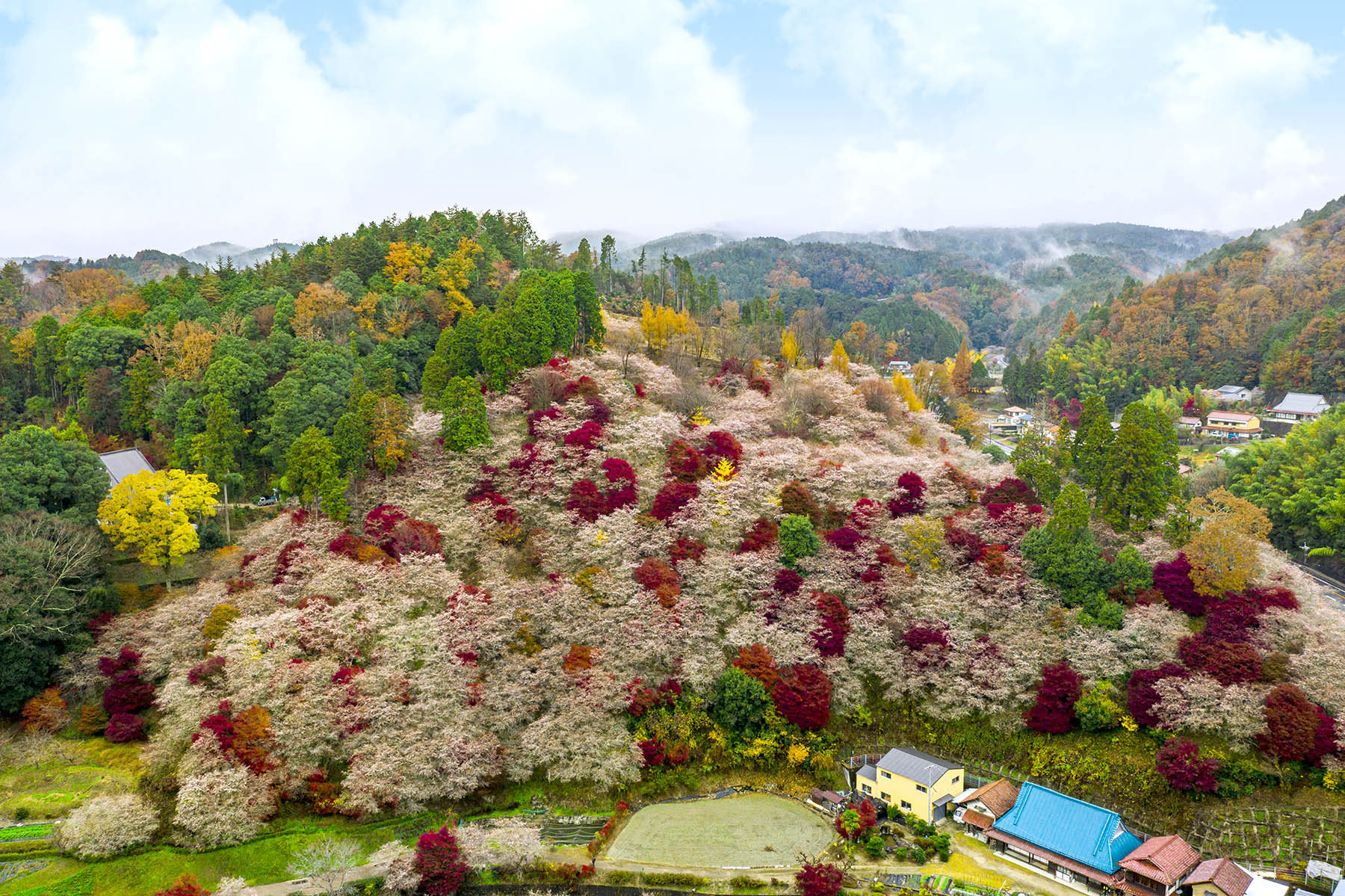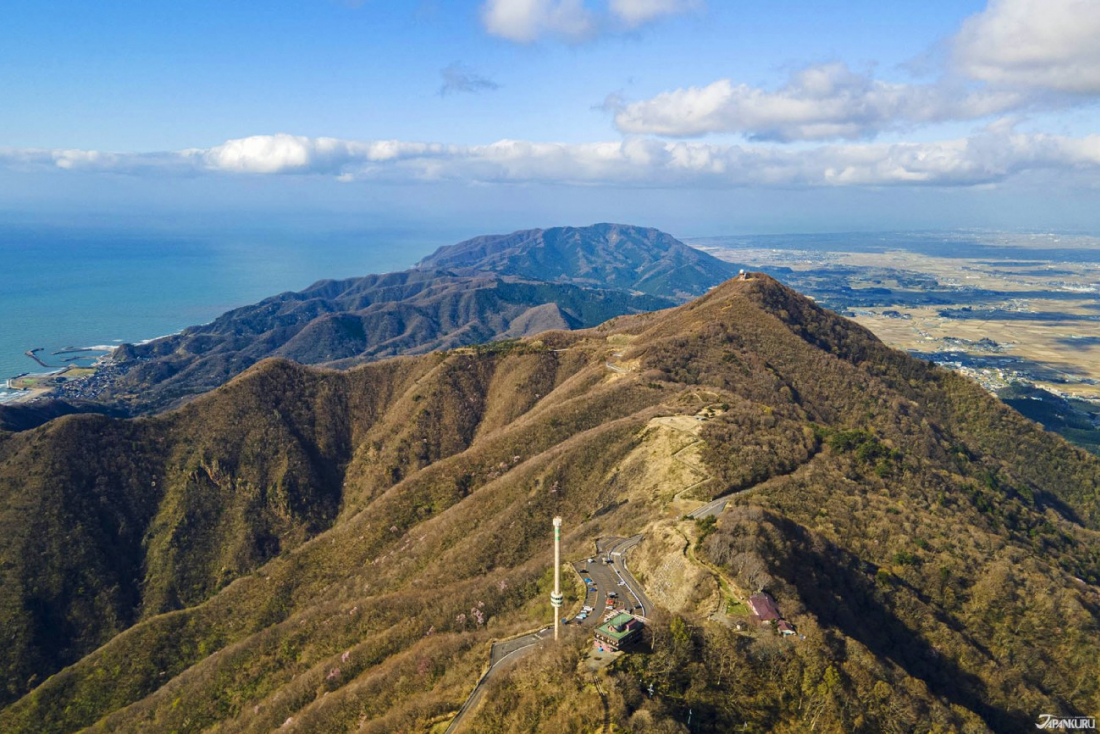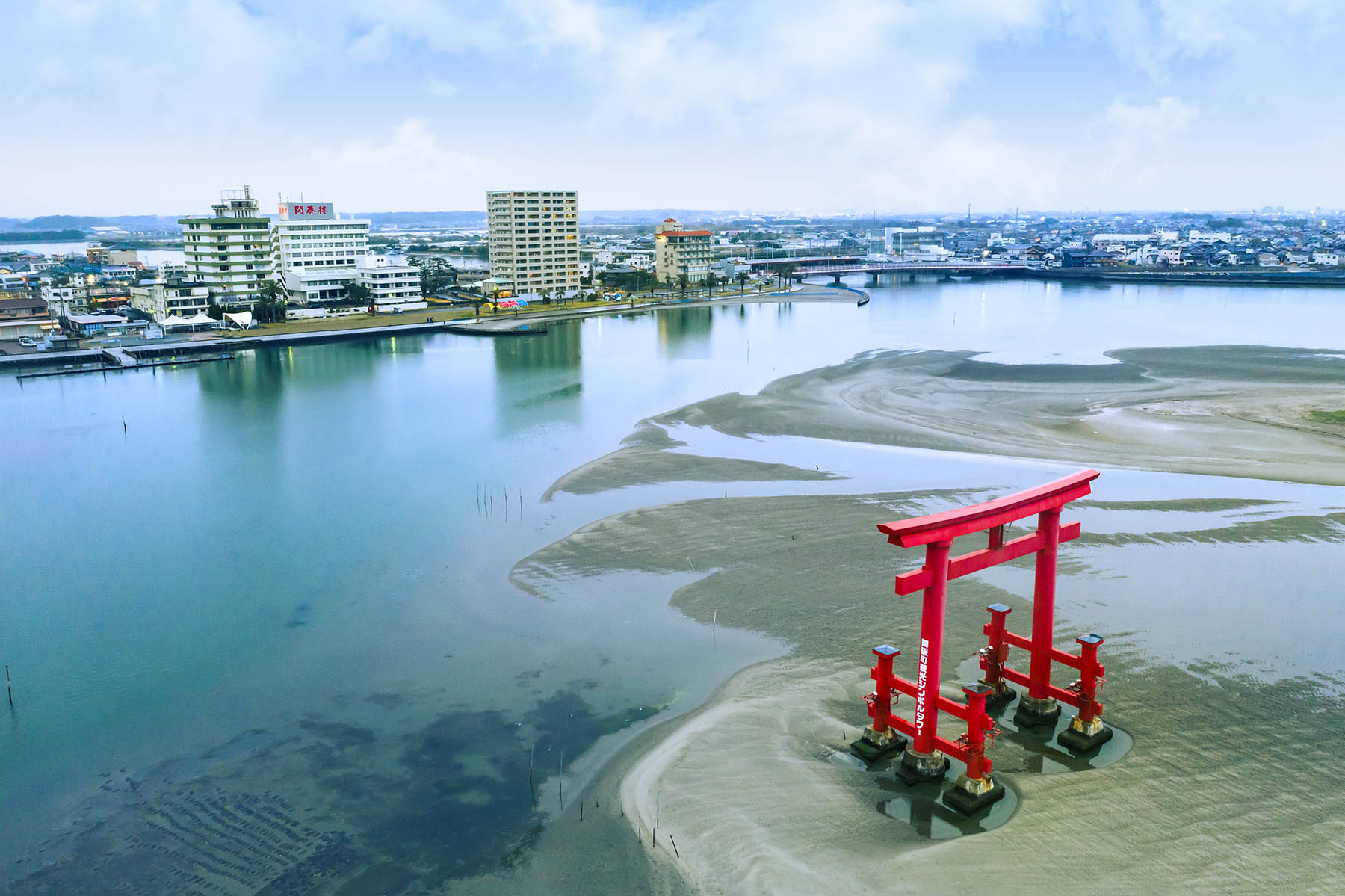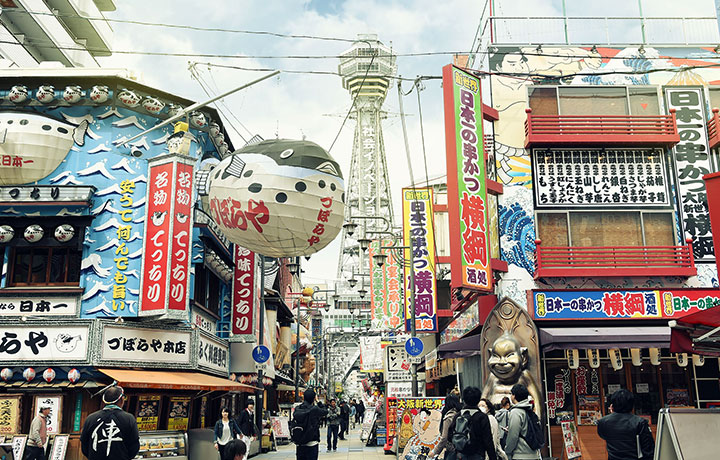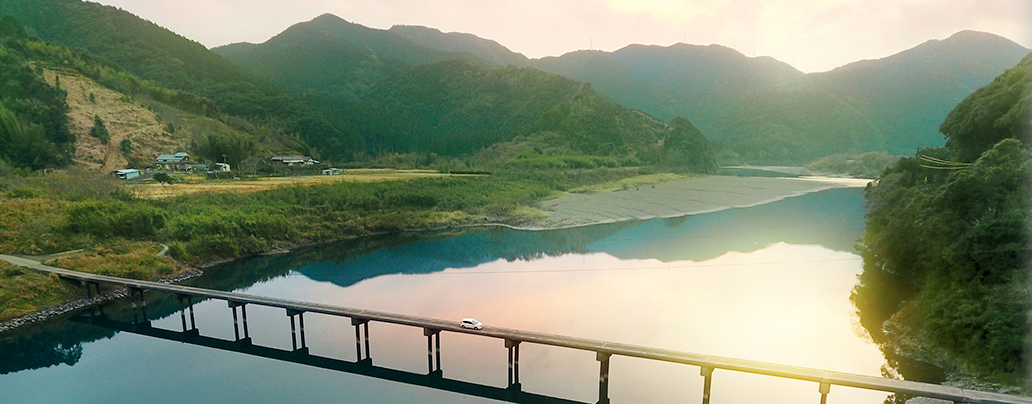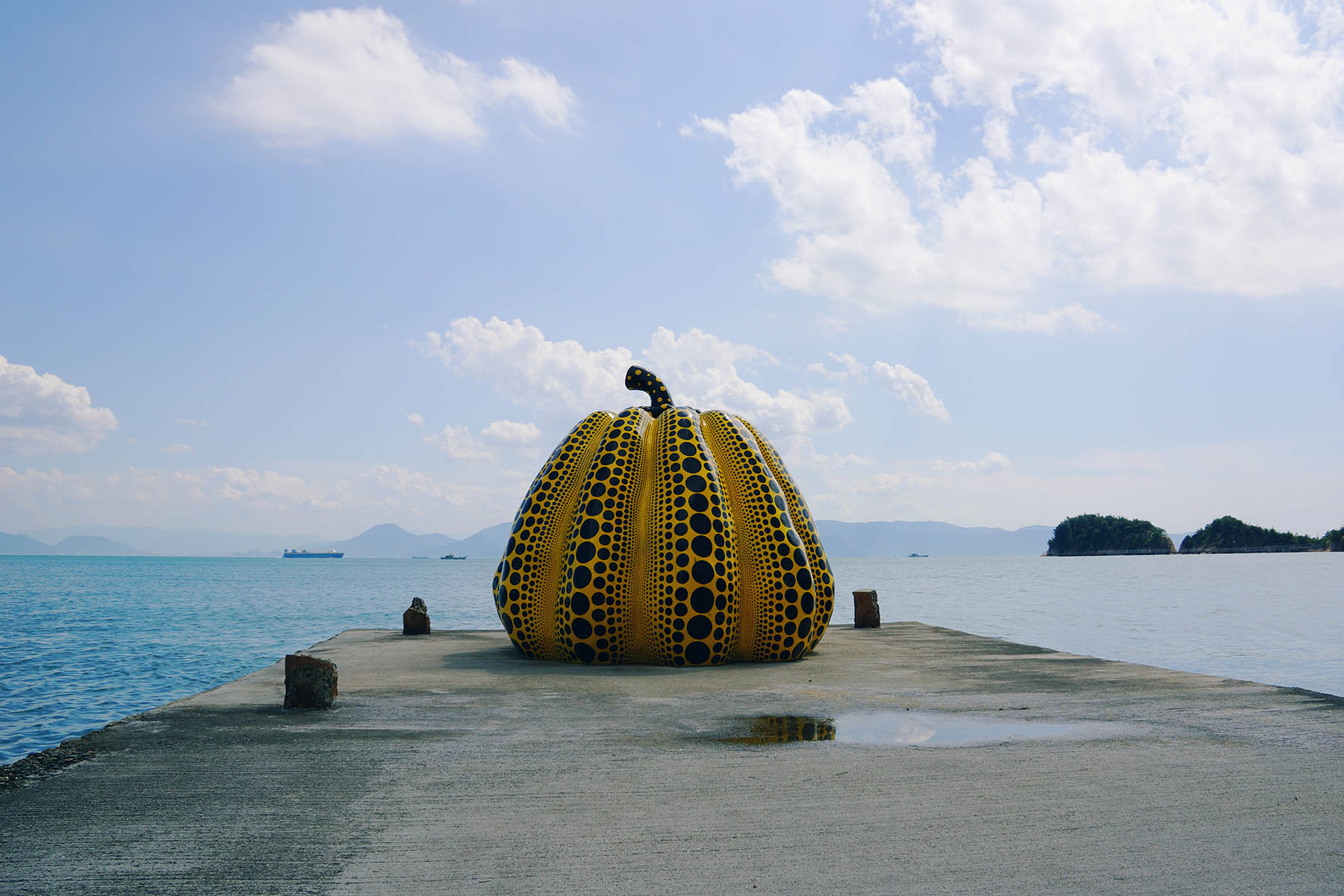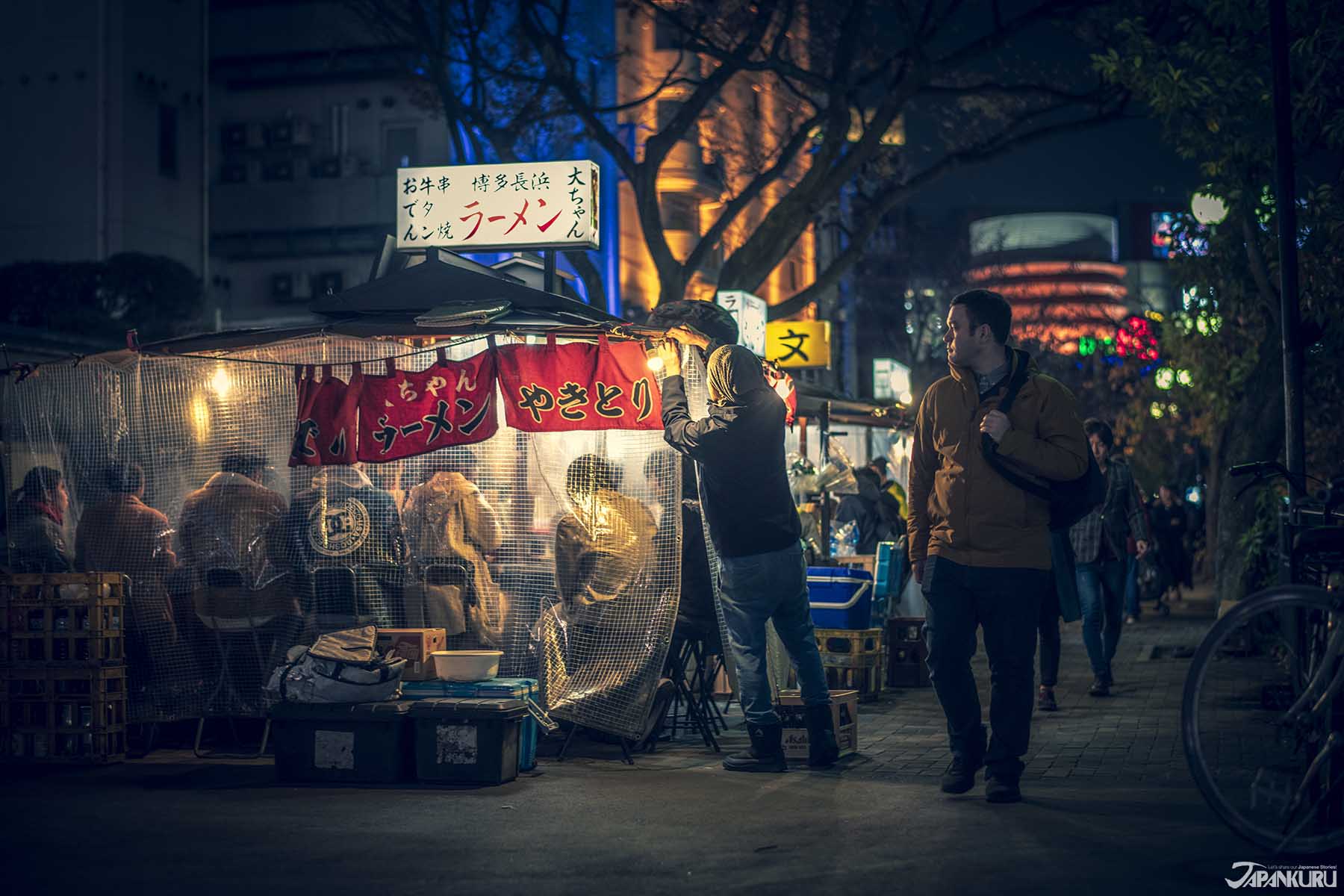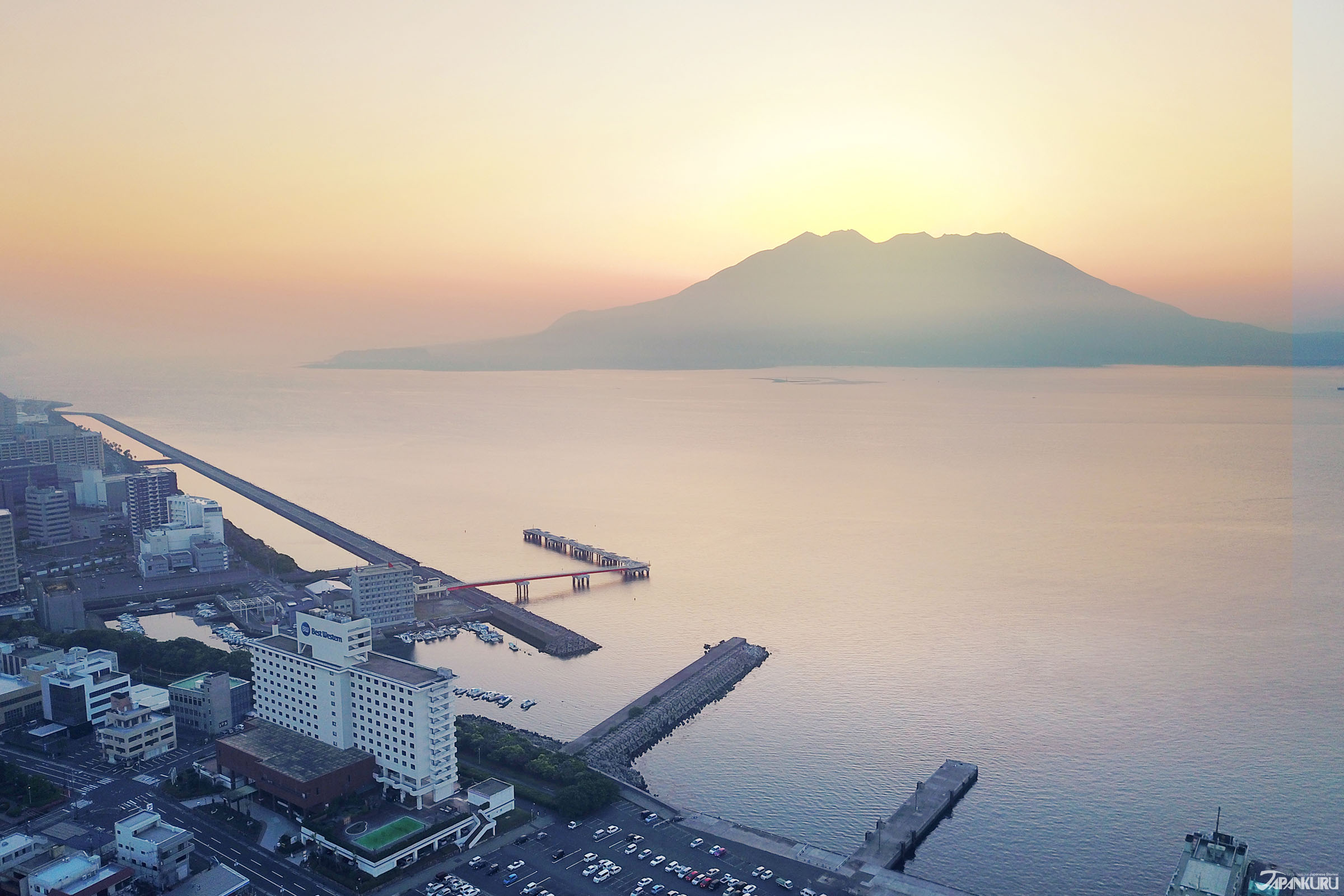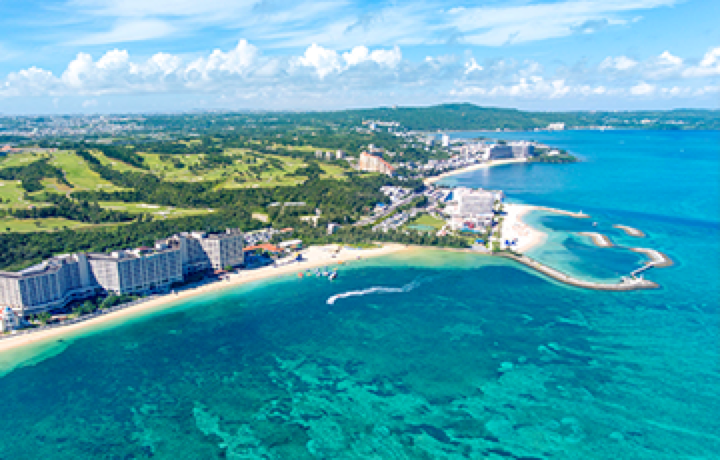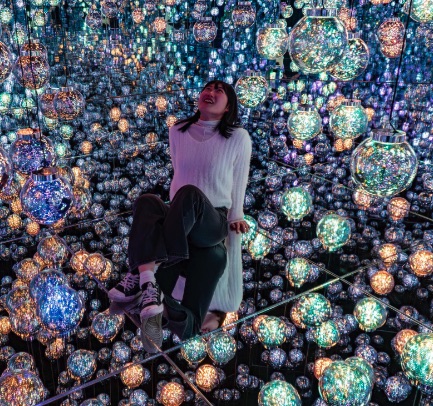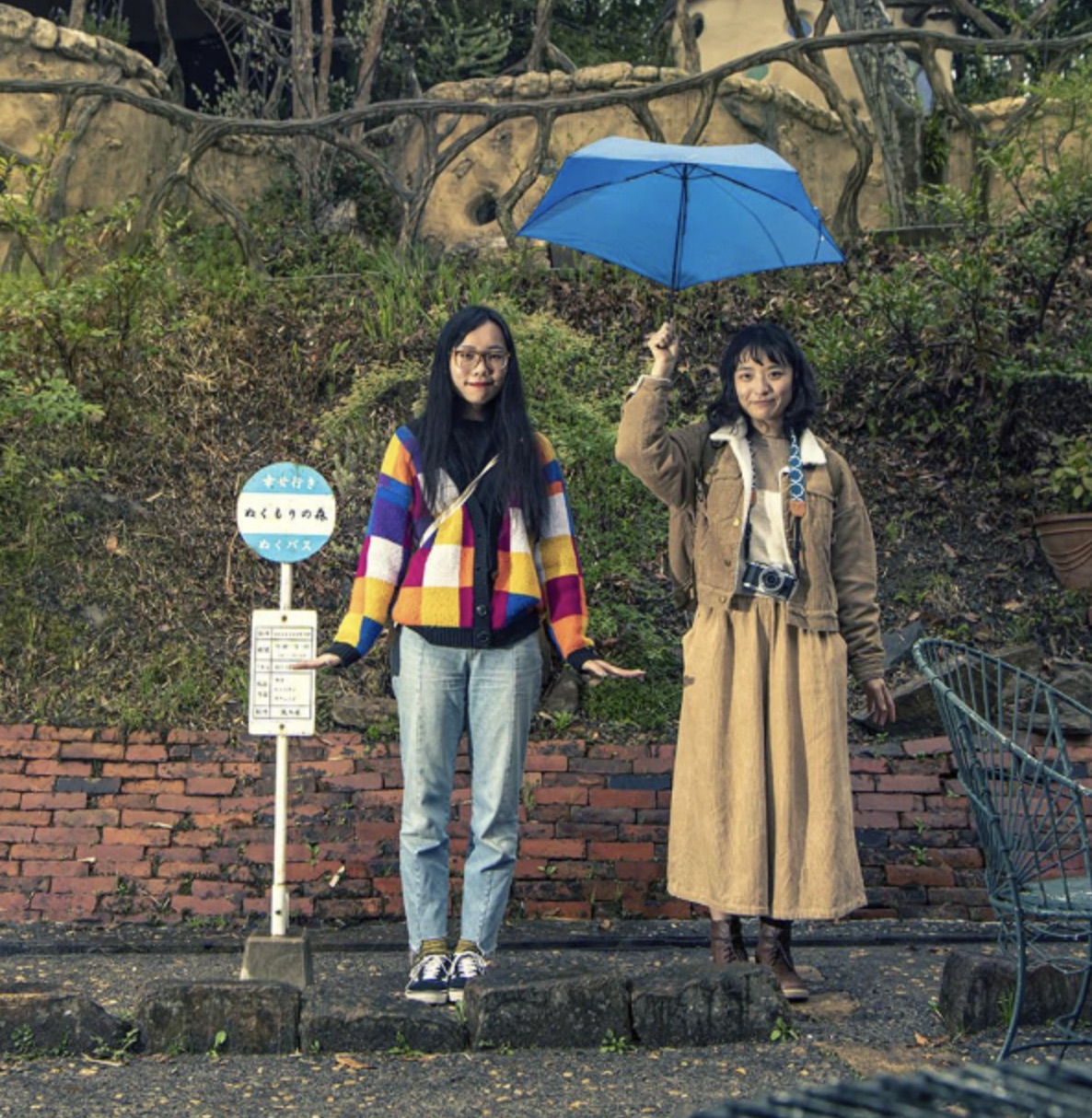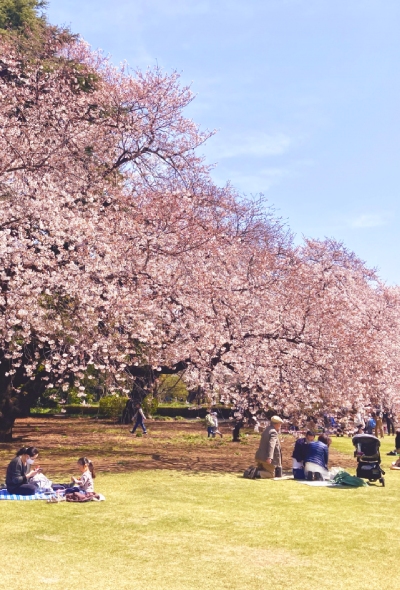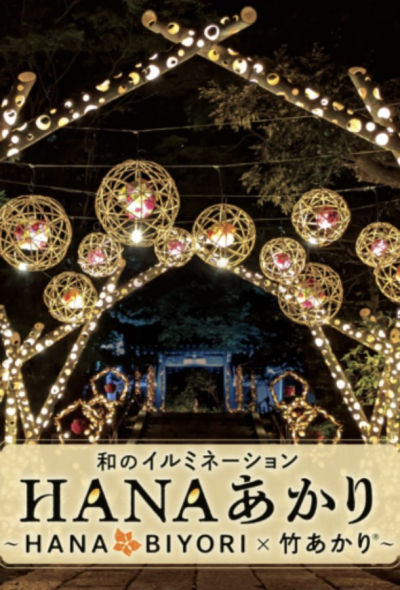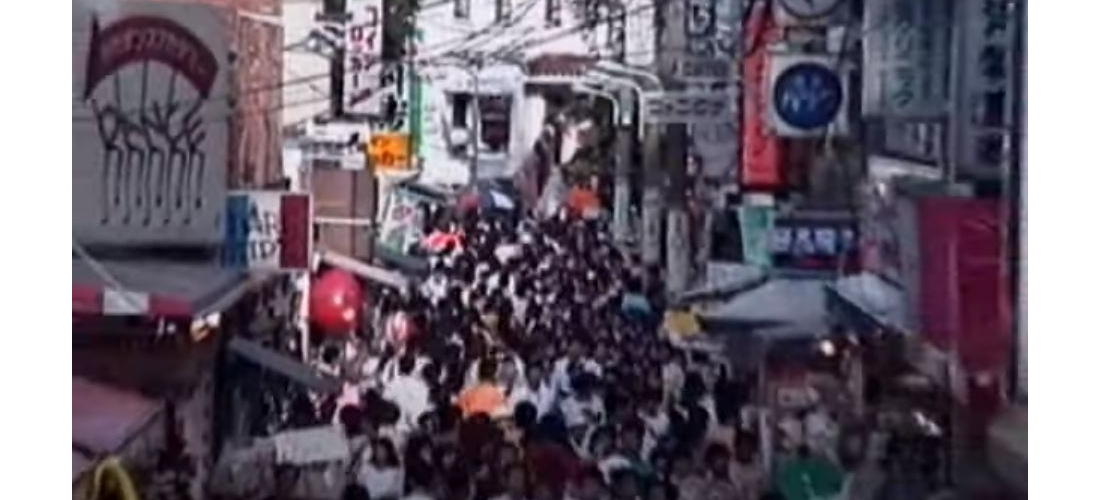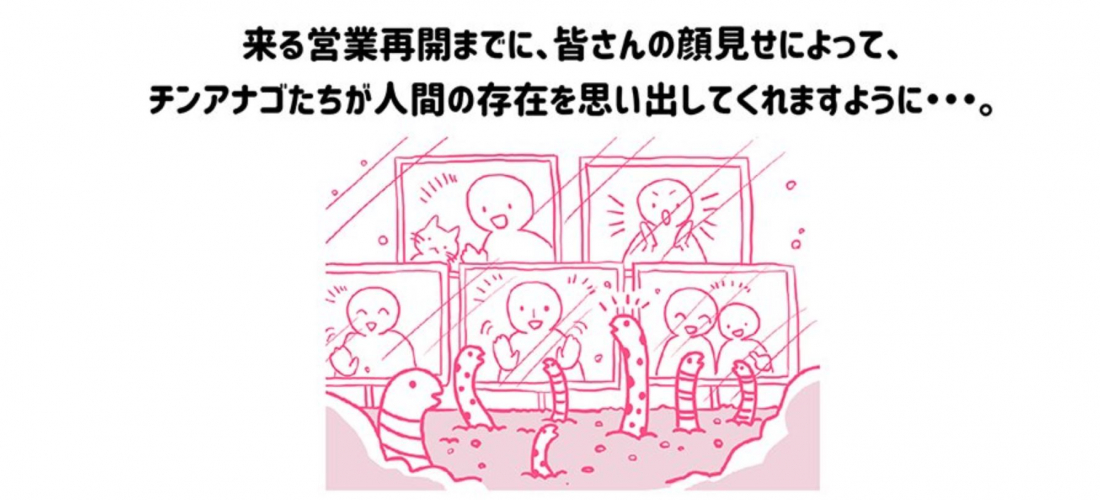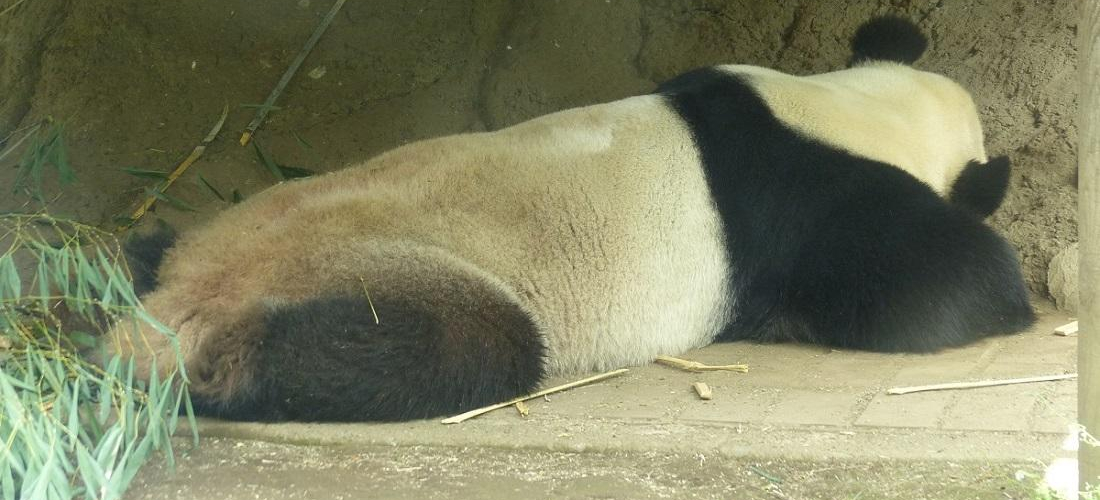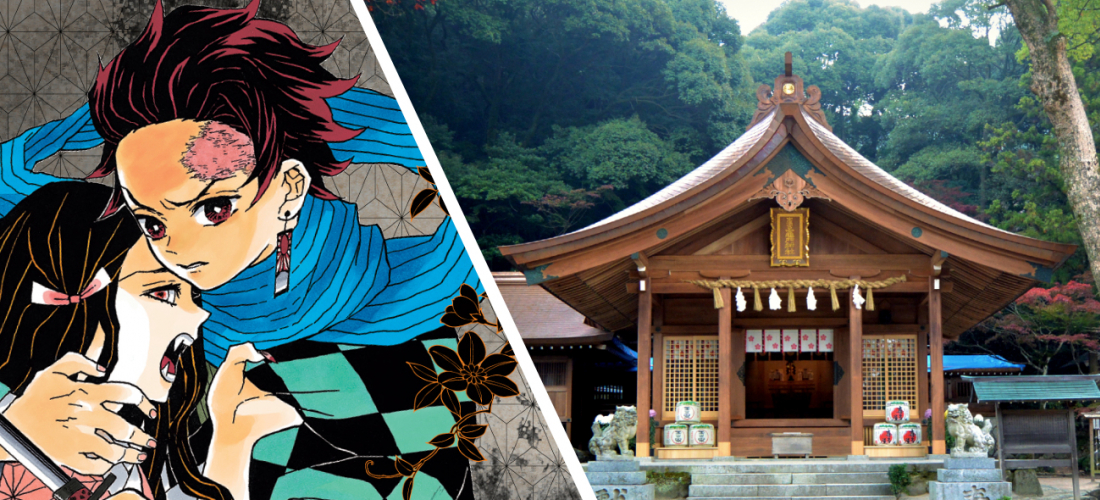CONTENTS
With Tokyo in a state of emergency, the illustrious Meiji Jingu Shrine (明治神宮) has a new website, bringing the shrine to you.
The Meiji Jingu Shrine
A vast space in the middle of Shibuya, Meiji Jingu is a shrine devoted to Japan's Emperor Meiji (1852-1912) and his wife, Empress Shoken (1849-1914). The shrine is a popular attraction for travelers visiting Tokyo, and while the brand new, completely redesigned Meiji Jingu Shrine website has surely been in the works for a while now, its recent debut has lined up nicely with the drop in tourists able to freely tour Tokyo. If you can't visit the shrine in person, at least you can appreciate it from afar!
The redesign includes a sleek new English page, with a bevy of guides to visiting the shrine, information about its history, and details on what you'll find when you arrive.
Including a page on how to, apparently, "feel Shinto" (the ancient Japanese religion).
Omikuji!
The most exciting find on the new website, however, is found on the front page – but only the Japanese one. It hasn't quite made it to the English page yet! And that find is the shrine's unique omikuji (おみくじ), a word that usually refers to the little paper fortunes chosen randomly when visiting a shrine.
Despite only being on the Japanese-language page, they still have simple directions in English. "Click here for your virtual Meiji Jingu omikuji!"
Of course I had to try, so I clicked for my omikuji and… well, at first I was a little surprised with the results. Is this good luck or bad? What do those poems mean for my future?
My overzealous omikuji clicking had gotten me confused, so I looked around the website some more, continuing my virtual visit, and learned an interesting fact: the omikuji at Meiji Jingu Shrine aren't fortunes at all! (Even when you get one in person.) In fact, instead of predictions for your future, the omikuji are printed with waka poems (和歌), which both Emperor Meiji and Empress Shoken wrote in huge numbers (93,032 and 27,825, respectively). The poems people receive as omikuji, the shrine tells us, are a selection of the royals' most pertinent and meaningful pieces.
While I can't say this poem struck me in any particular, life-changing way, it is a nice sentiment. And it was fun to see what my non-fortune omikuji would be without ever having to leave the house! Let me know what kinds of poems you get, too, on the Japankuru twitter, instagram, and facebook!
Details
NAME:Meiji Jingu Shrine (明治神宮)
MAP
ACCESS:Harajuku Meiji Jingu Mae Station
Half a lifetime ago I came to Japan for a semester abroad... and I never left. I guess I really like the place! I spent my first few years in Japan living in the middle of nowhere, so I'd love to hear your Tokyo recommendations via Japan's social media accounts!

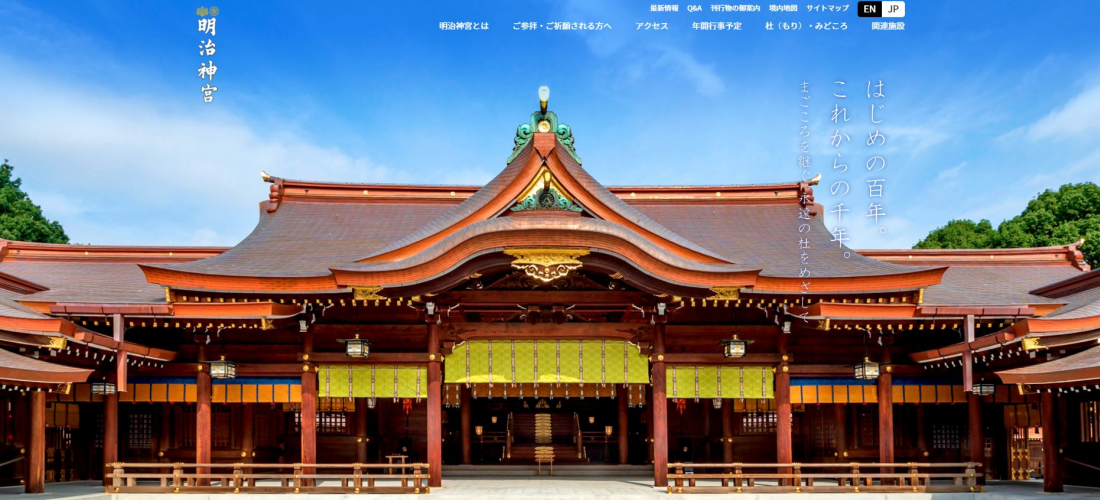

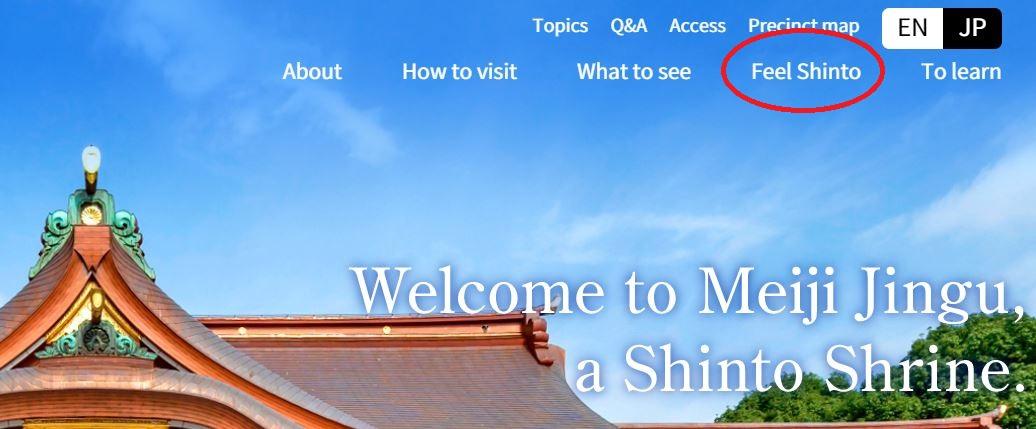
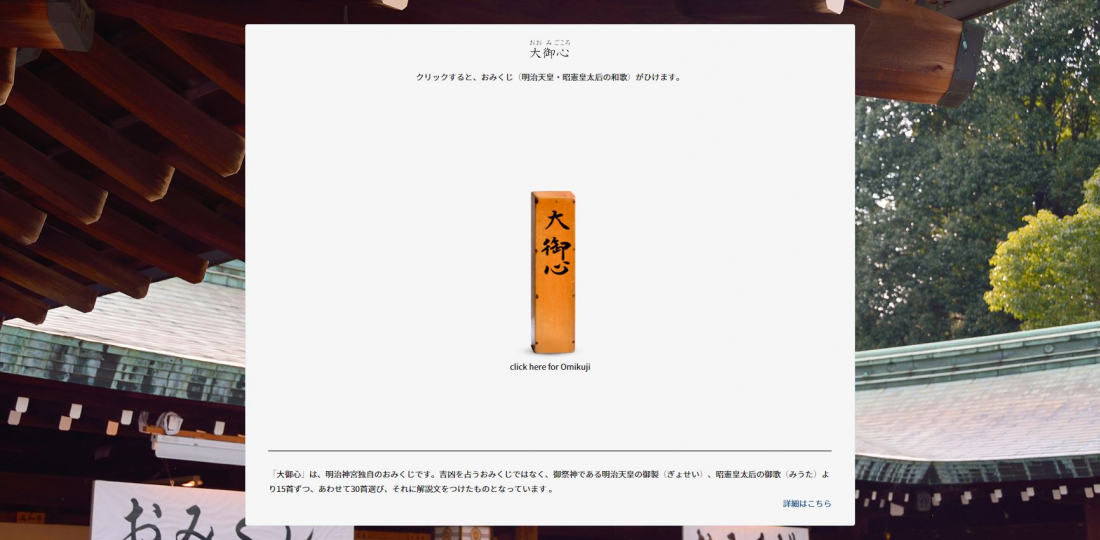


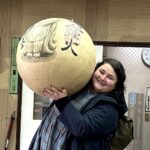



 >> Find out more at Japankuru.com! (link in bio)
#
>> Find out more at Japankuru.com! (link in bio)
#





 The Robot Restaurant is gone, but the Samurai Restaurant is here to take its place. Check it out, and don't forget your coupon!
The Robot Restaurant is gone, but the Samurai Restaurant is here to take its place. Check it out, and don't forget your coupon!
 신주쿠의 명소 로봇 레스토랑이 사무라이 레스토랑으로 부활! 절찬 쿠폰 발급중
신주쿠의 명소 로봇 레스토랑이 사무라이 레스토랑으로 부활! 절찬 쿠폰 발급중
 18歲以上才能入場的歌舞秀,和你想的不一樣!拿好優惠券去看看~
#tokyo #shinjuku #samurairestaurant #robotrestaurant #tokyotrip #도쿄여행 #신주쿠 #사무라이레스토랑 #이색체험 #할인이벤트 #歌舞伎町 #東京景點 #武士餐廳 #日本表演 #日本文化體驗 #japankuru #japantrip #japantravel #japanlovers #japan_of_insta
18歲以上才能入場的歌舞秀,和你想的不一樣!拿好優惠券去看看~
#tokyo #shinjuku #samurairestaurant #robotrestaurant #tokyotrip #도쿄여행 #신주쿠 #사무라이레스토랑 #이색체험 #할인이벤트 #歌舞伎町 #東京景點 #武士餐廳 #日本表演 #日本文化體驗 #japankuru #japantrip #japantravel #japanlovers #japan_of_insta
 코지마 x 빅 카메라 쿠폰으로 일본 가전 제품 쇼핑하기
#pr #japankuru #japanshopping #kojima #biccamera #japaneseskincare #yaman #dji #osmopocket3 #skincaredevice #日本購物 #美容儀 #相機 #雅萌 #日本家電 #일본여행 #면세 #여행꿀팁 #일본쇼핑리스트 #쿠폰 #일본쇼핑 #일본브랜드 #할인 #코지마 #빅카메라 #japankurucoupon
코지마 x 빅 카메라 쿠폰으로 일본 가전 제품 쇼핑하기
#pr #japankuru #japanshopping #kojima #biccamera #japaneseskincare #yaman #dji #osmopocket3 #skincaredevice #日本購物 #美容儀 #相機 #雅萌 #日本家電 #일본여행 #면세 #여행꿀팁 #일본쇼핑리스트 #쿠폰 #일본쇼핑 #일본브랜드 #할인 #코지마 #빅카메라 #japankurucoupon